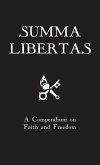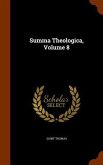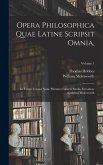Peter Kreeft has finally produced his own Summa. His admirers have been waiting for it for years without quite knowing what they were waiting for. Kreeft asks all the basic questions. He answers them, an even greater feat. Nothing is more needed in our academic world than a systematic working through of all the most important questions - both the ones we ask and the ones we should ask. Not only are the questions here but also the most sensible answers. No one else could do this welcome intellectual service quite so well or with quite so much wit and wisdom. The "reason" of the faith shines nowhere more clearly or more persuasively than in the work of Peter Kreeft. With this book, we have his finest gift to us, an account of the intelligibility of things, one that both makes sense and makes us aware of the vast wisdom that lies in the human mind and in the revelation addressed to it. - James V. Schall, s.j., Georgetown University First, Peter Kreeft imitated the Socratic dialogue form to put Socrates in conversation with Jesus, Hume, Descartes, Kant, and Machiavelli. Now, in Summa Philosophica, Kreeft employs the medieval quaestio debate format used so successfully by St. Thomas Aquinas in his Summa Theologiae. This tour-de-force takes up 110 perennial questions asked through the centuries. Kreeft covers questions about metaphysics, knowledge, and ethics, including, "Does evil disprove God's existence?", "Is time travel possible?", "Is the soul immortal?" and "Whether institutional religion has done more harm than good?" If you want a summary of all the most important questions in philosophy, as well as the most convincing answers to these questions, this book is the single most reliable and enjoyable guide available. - Christopher Kaczor, Loyola Marymount, is author of How to Stay Catholic in College and The Ethics of Abortion.
Hinweis: Dieser Artikel kann nur an eine deutsche Lieferadresse ausgeliefert werden.
Hinweis: Dieser Artikel kann nur an eine deutsche Lieferadresse ausgeliefert werden.








